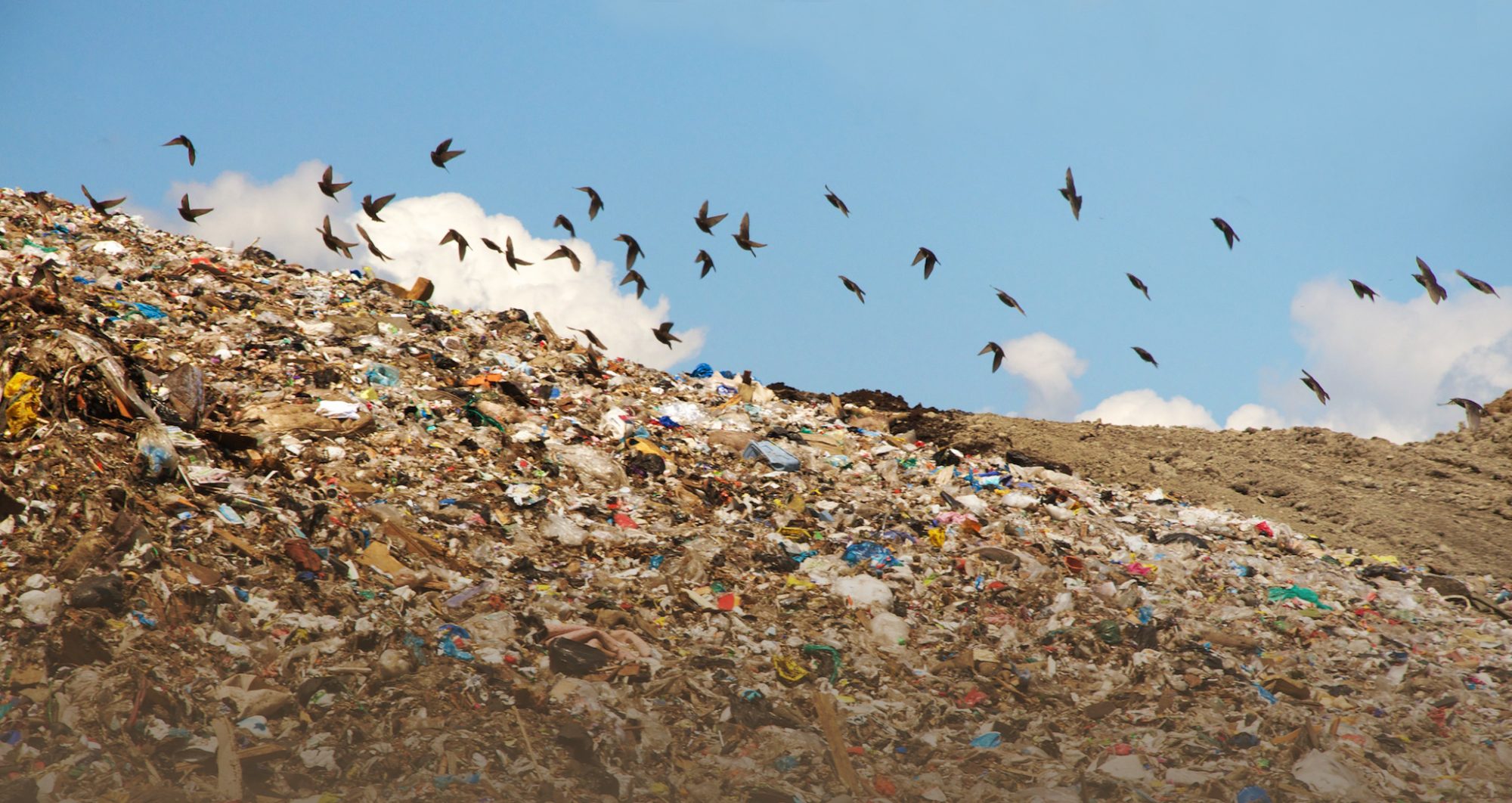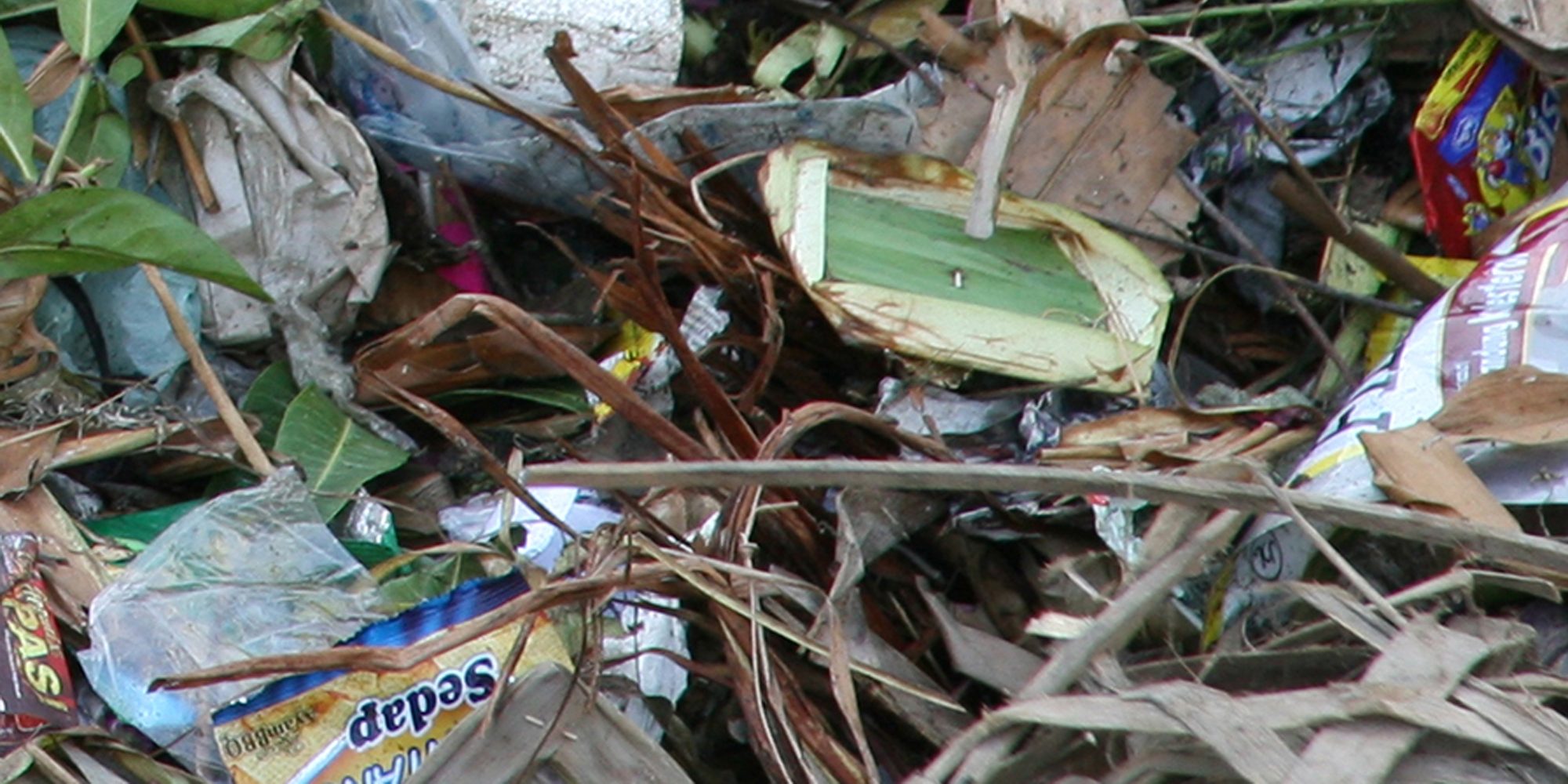Refuse-derived fuel (RDF) is a fuel produced from various types of waste such as municipal solid waste (MSW), industrial waste or commercial waste.
The World Business Council for Sustainable Development provides a definition:
“Selected waste and by-products with recoverable calorific value can be used as fuels in a cement kiln, replacing a portion of conventional fossil fuels, like coal, if they meet strict specifications. Sometimes they can only be used after pre-processing to provide ‘tailor-made’ fuels for the cement process”
RDF consists largely of combustible components of such waste, as non recyclable plastics (not including PVC), paper cardboard, labels, and other corrugated materials. These fractions are separated by different processing steps, such as screening, air classification, ballistic separation, separation of ferrous and non ferrous materials, glass, stones and other foreign materials and shredding into a uniform grain size, or also pelletized in order to produce a homogeneous material which can be used as substitute for fossil fuels in e.g. cement plants, lime plants, coal fired power plants or as reduction agent in steel furnaces. RDF can be also further specified into e.g. tyre derived fuels (TDF) from used tyres, or solid recovered fuels (SRF)


